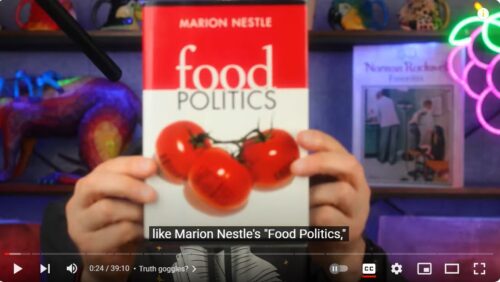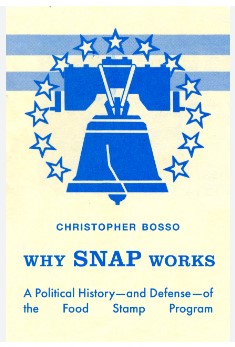Industry-funded study of the week: Cannabis supplement
The study: A Randomized, Double-Blind, Placebo-Controlled Decentralized Trial to Assess Sleep, Health Outcomes, and Overall Well-Being in Healthy Adults Reporting Disturbed Sleep, Taking a Melatonin-Free Supplement. Nutrients. 2023 Aug 30;15(17):3788. doi: 10.3390/nu15173788.
Method: The study compared the effects on sleep of two THC-plus-botanical supplements against a placebo. The two supplements differed in proportions of THC and botanicals.
Results: The supplement with the lower amount of THC (0.35 mg) and higher amount of hops and valerian oils (75 mcg) yielded better sleep outcome than the placebo. The supplement with a higher amount of THC had no effect versus placebo.
Conclusion: “A botanical blend containing a low concentration of THC improved sleep disturbance, anxiety, stress, and well-being in healthy individuals that reported better sleep as a primary health concern.”
Funding: This research was funded by MDbio—The Doctors Brand™.
Acknowledgments: “The authors would like to express our deepest gratitude to the participant volunteers in this study without whom this study would not have been possible. We acknowledge and appreciate the hard work of the Radicle Science study operations team and MDbio—The Doctors Brand™ for the product formulas studied.”
Conflicts of Interest: “[Four of the eight authors] are employed by Radicle Science, the company who conducted the study. The funders had no role in the design of the study; in the collection, analyses, or interpretation of data; in the writing of the manuscript.”
Comment: Radicle Science is a contract research company in the business of doing clinical trials with supplements to provide data on which they can make structure/function claims, the special health claims allowed for supplements that require minimal scientific substantiation. MDbio, of course, makes the supplement used in this trial (you will be relieved to know that all their ingredients are non-GMO).
What interested me about this one is the THC (tetrahydrocannabinol) ingredient. It’s hard to know whether it made any difference. The supplement with higher THC levels but lower levels of botanicals had no effect. The composition of the placebo is not disclosed in the paper, and the data are not p).ublicly available (you can request them from the corresponding author).
Cannabis is greatly understudied as a result of long-standing prohibitions. As more of it gets into the food supply (edibles!), it would be good to get real information about its effects. My reading of this study suggests either that less THC is better for sleep. The less the better? That, we do not yet know.




